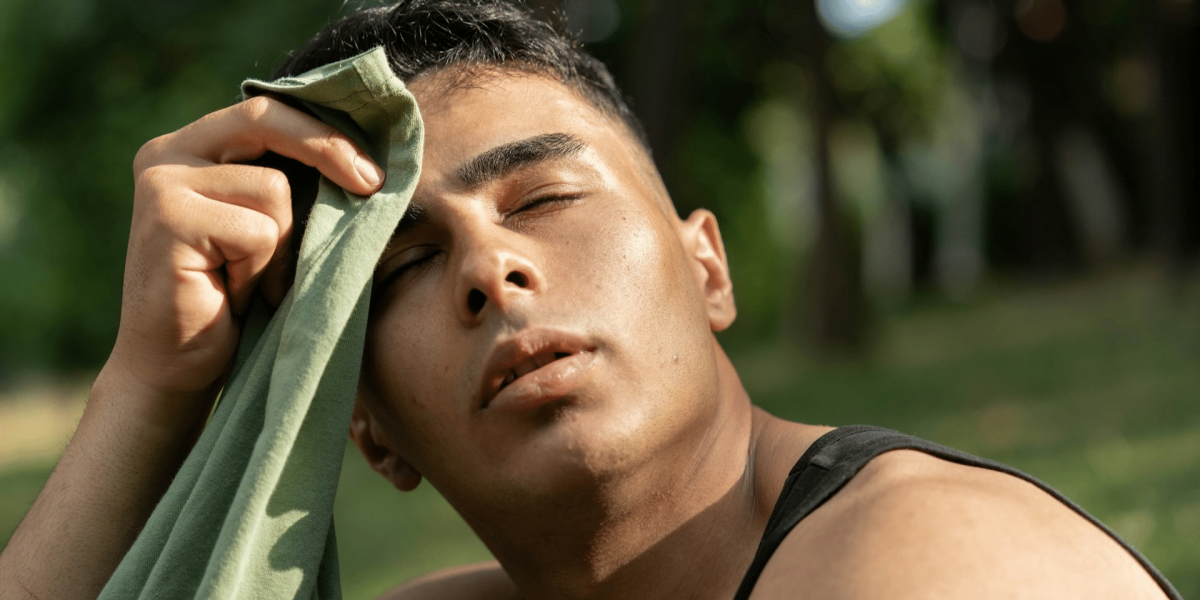Heatwaves can pose serious health risks and disrupt daily life. Understanding how to stay safe and cool during these extreme temperatures is crucial. This article provides practical tips on what to do in case of heatwave spikes, helping you and your loved ones stay protected and comfortable.
Understanding Heatwaves
A heatwave is a prolonged period of excessively hot weather, which may be accompanied by high humidity. Heatwaves can vary in intensity and duration, but they often lead to significant health concerns and environmental impacts.
Heatwaves can cause a range of health problems, from mild heat cramps to severe heatstroke. Vulnerable populations, such as the elderly, children, and those with chronic illnesses, are particularly at risk. It’s essential to recognize the symptoms of heat-related illnesses and take preventive measures.
Preparing for a Heatwave Spike
Keep track of weather forecasts and heat advisories. Use reliable sources such as the National Weather Service or local news outlets to stay updated on the latest information about heatwave spikes in your area.
Develop a plan to manage heatwave conditions. Identify the coolest areas in your home, prepare an emergency kit with essential supplies, and ensure you have access to important phone numbers, such as healthcare providers and emergency services.
Staying Cool During a Heatwave
Limit outdoor activities during the hottest parts of the day, typically between 10 a.m. and 4 p.m. If you must be outside, take frequent breaks in the shade and avoid strenuous activities.
Air conditioning is one of the most effective ways to stay cool during a heatwave. If you don’t have air conditioning at home, consider spending time in public places like malls, libraries, or community centers that are air-conditioned.
Drink plenty of water throughout the day, even if you don’t feel thirsty. Avoid beverages that can dehydrate you, such as alcohol, caffeine, and sugary drinks. Eating hydrating foods like fruits and vegetables can also help maintain hydration levels.
Wear lightweight, loose-fitting, and light-colored clothing to reflect heat and keep cool. A wide-brimmed hat and sunglasses can also provide protection from the sun when outdoors.
Fans can help circulate air and make you feel cooler. However, during extremely high temperatures, fans alone may not be sufficient. Use them in conjunction with air conditioning or other cooling methods for better results.
Protecting Vulnerable Individuals
The elderly, disabled, and those with chronic illnesses are more susceptible to heat-related illnesses. Check on them regularly to ensure they are staying cool and hydrated. Offer assistance with errands or transportation to cooler locations if needed.
Children can become overheated more quickly than adults. Ensure they drink plenty of water, stay indoors during peak heat hours, and avoid excessive physical activity. Never leave children or pets in a parked car, even for a short time, as temperatures inside can quickly become deadly.
Pets also need protection during heatwaves. Ensure they have access to plenty of fresh water and a cool place to rest. Avoid walking your pets during the hottest parts of the day, and never leave them in a parked car.
Cooling Your Home
Use blinds, curtains, or shades to block out direct sunlight during the day. Reflective window coverings can also help keep your home cooler by reducing heat gain.
Applying cool cloths to your skin or taking cool baths can help lower your body temperature. This method is especially useful if you do not have air conditioning.
Avoid using heat-producing appliances like ovens, stoves, and dryers during the hottest parts of the day. Opt for microwave cooking or outdoor grilling to minimize indoor heat buildup.
Recognizing Heat-Related Illnesses
Heat exhaustion is a serious condition that can escalate to heatstroke if not treated promptly. Symptoms include heavy sweating, weakness, dizziness, nausea, headache, and muscle cramps. If you or someone you know experiences these symptoms, move to a cooler place, drink water, and seek medical attention if symptoms persist.
Heatstroke is a life-threatening condition that requires immediate medical attention. Symptoms include a high body temperature (above 103°F or 39.4°C), hot and dry skin, rapid pulse, confusion, and unconsciousness. If you suspect heatstroke, call emergency services immediately, move the person to a cooler environment, and try to lower their body temperature with cool cloths or a bath.
Heatwaves can be dangerous, but with proper preparation and precautions, you can stay safe and cool. By staying informed, creating a heatwave plan, and taking steps to protect yourself and vulnerable individuals, you can effectively manage the risks associated with extreme heat. Remember, the key to staying safe during a heatwave is to stay cool, stay hydrated, and stay informed.









